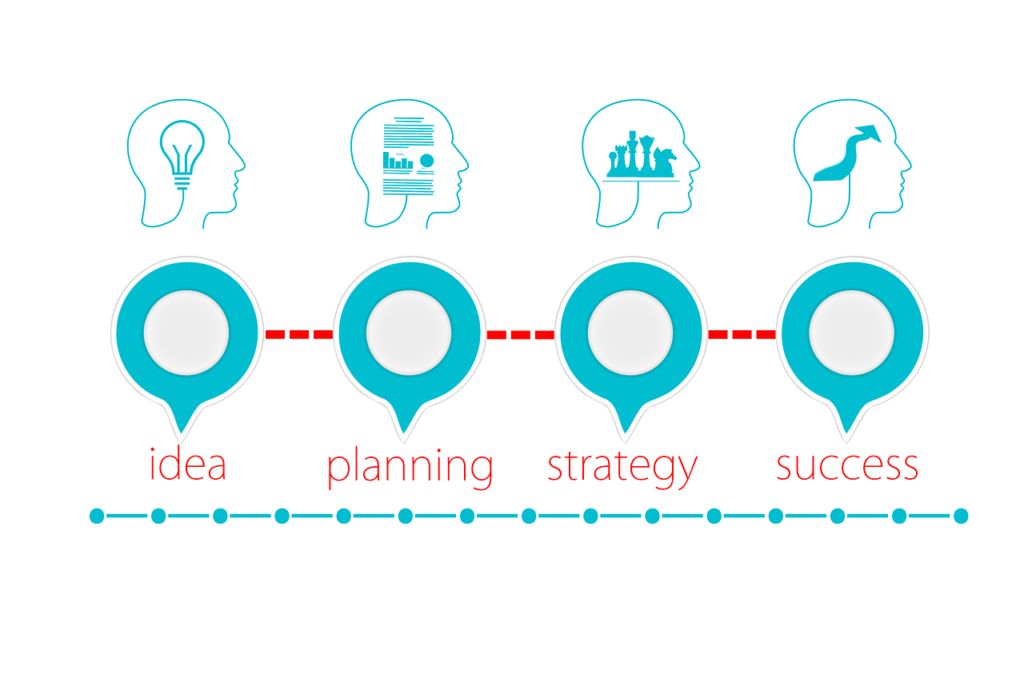Crowdsourcing means many things to many people and there isn’t a whole lot of consensus on exactly what it is.
At a basic level, most would agree that the term refers to the act of harnessing the power of a group to achieve a predefined task. Beyond that basic description, opinions diverge.
While the term was first used by Jeff Howe in an article for Wired Magazine in 2006, crowdsourcing was in use long before Howe coined the phrase.
What Is In A Name?
In many respects the crowdsourcing moniker only came to bare with the growth of web 2.0 and the emergence of dedicated crowdsourcing platforms.
PRs at the original outsourcing marketplaces saw the buzz around crowdsourcing as a way of reinventing themselves and reinvigorating their brand.
The entire industry began to pivot and change the way it described itself. Rather than referencing outsourcing, many moved on to describing themselves as crowdsourcing marketplaces in promotional material in the hope of getting the attention of time-pressed journalists and securing extra column inches.
Conventional bid based or hourly paid labour marketplaces are not solely about tapping into a crowd to accomplish something.
Yes the crowd is important, the larger the ‘crowd’ the more competitive the prices will be. But sites like Freelancer aren’t strictly crowdsourcing platforms. They are first and foremost platforms to easily tender, procure and project manage the provision of services.
Freelancer.com, unlike many of its competitors has introduced a true crowdsourcing function recently in the form of design contests.
But apart from this development, many of the old guard in outsourced labour still bandy the crowdsourcing buzzword about far too freely. Just because there are millions of freelancers in the market, doesn’t make it crowdsourcing.
If it did, then Ebay would be a customer crowdsourcing platform and Facebook would be a crowdsourced collection of the obscure, inane and unbelievably dreary minutiae of peoples lives.
While both provide exposure to a crowd, neither are crowdsourcing platforms. The same can be said of online labour exchanges or outsourcing marketplaces.

Crowdsourcing Is Not A Web 2.0 Phenomenon
Reality TV programmes like Xfactor, Pop Idol and Big Brother relied on crowdsourcing as a fundamental tenet of their success long before the term ‘crowdsourcing’ came about.
By sourcing a crowd (viewers) who would phone a premium rate number to ‘vote’ off a participant in order to determine who would ultimately win.
The history could in some respects go back further still. The democratic, ballot based process is in its most basic precept a means of crowdsourcing opinions.
While polling day in the UK may attract less participants than an X-factor phone-in, voting is arguably one of the oldest forms of crowdsourcing known to man.
Fast forward to 2011 and crowdsourcing has become fairly ubiquitous. Social networks like Facebook and Twitter are awash with people crowdsourcing opinions, ideas and information without giving it a second thought.
In the last month I have seen dozens of people crowdsource knowledge through twitter; restaurant suggestions, wifi locations, best transport interchanges, hotel tips and so much more are now being sourced in the cloud and from the crowd.
Its quicker, easier and more personal than trawling through peer review websites like Tripadvisor or TopTable.
Crowdsourcing And Speculative Work
The NoSpec or AntiSpec brigade, a movement primarily made up of creatives and designers that are against speculative work are among those who blur the lines between crowdsourcing, outsourcing and speculative work.
They are quick to kick up a stink and spend time campaigning against a practice which has been ill-defined.
While the arguments for and against speculative work are best saved for another instalment, it seems these individuals suffer from a tunnel vision of sorts.
They feel they are the only people being asked to do work before being paid. Lest they not forget that architects, tradesmen or indeed, anyone tendering for a project has to do an element of spec work just to win the contract.
Similarly anyone applying for a job has to invest time and effort in order to be in the best position to land it. What of the ‘interns’ that work unpaid for months without even a hope of getting more than an Oyster top-up and a sandwich from Pret?
Much Ado About Nothing
Without doubt, the most contentious area of crowdsourcing is crowdsourced design contests. Despite all the noise from the NoSpec movement and the negative exposure in the media, design contests are an incredibly small part of the crowdsourcing phenomenon.
The market leaders are actually incredibly small when compared to the revenues of other outsourcing marketplaces.
Crowdsourced design contests account for a tiny fraction of cumulative billings in the online outsourcing space and in the wider design world they represent the fees charged by leading agencies for a dozen or so ‘high end’ logos.
Indeed, the value of the crowdsourced logo design market is almost certainly less than the value of unpaid labour procured by way of internships at the top 10 creative agencies in the UK.

A Stepping Stone
Individuals participating in crowdsourced contests are often studying, or working in their downtime. They may be in the process of building a portfolio.
They aren’t forced to participate and often benefit from constructive criticism and feedback even when they don’t win a contest.
They are practicing their art, doing what they love and if they get the right combination of skill and luck they will win big money prizes.
Those that do win, may find that spending a few hours on some logo concepts might just change their lives, particularly when companies like Starbucks, Phillips and Amazon have crowdsourced projects recently.
As a case in point, at Freelancer.com we recently introduced a design contest offering to complement our hourly paid and bid based services.
I like to test our product thoroughly, so I recently held two logo design contests with prizes of £175 and £300. While this may sound cheap to many, its more than I have ever spent on a logo but I was willing to pay more to get a better choice.
I got 974 sample designs to choose from, this included dozens of a really high quality. Once I had picked a winner, I almost immediately commissioned them to work on a range of other design projects.
I had seen what they were capable off and was happy with their work. I have now spent over £1,000 with that individual in under 1 month and intend to spend much more in the years ahead. For a few hours of her time, she won the contest and a long term client.